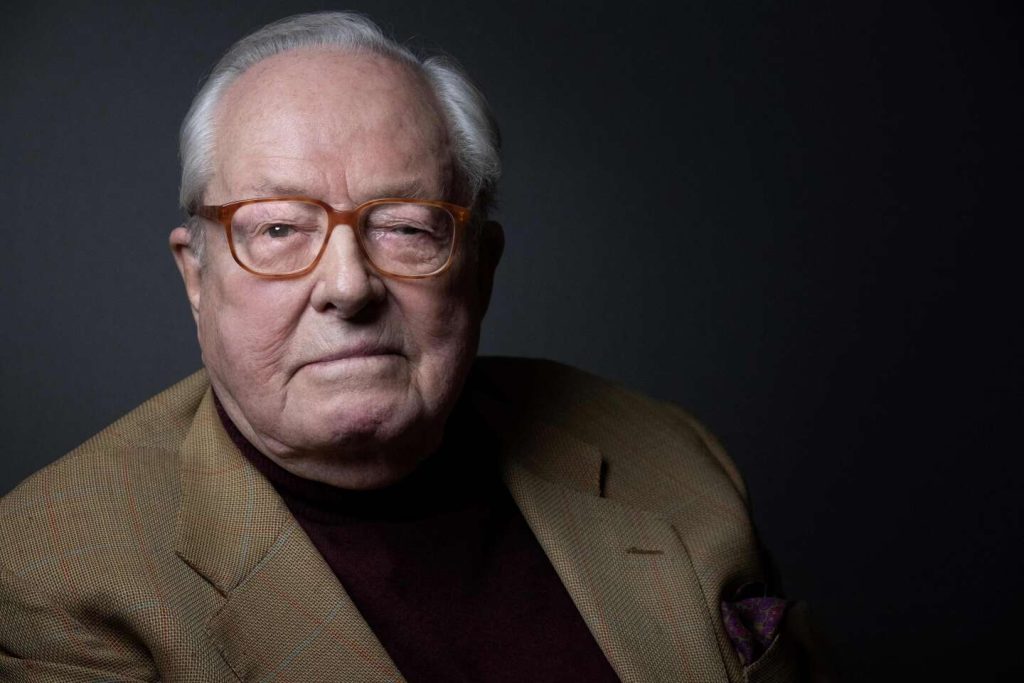Jean-Marie Le Pen, aged 95, has been placed under legal protection, as announced by the vice president of the National Rally (RN), Louis Aliot, confirming a report from RMC. This decision was made in mid-February following a legal mandate for protection, similar to guardianship, activated at the request of his family by the local court in Puteaux (Hauts-de-Seine) after a medical examination declared Jean-Marie Le Pen unfit. This move has made his three daughters – Marie-Caroline, Yann, and Marine Le Pen – his legal representatives, allowing them to act on his behalf alone or together. Sources close to him have stated that his health has significantly declined since suffering a heart attack in April 2023.
Concerns have been raised about Jean-Marie Le Pen’s ability to appear at his trial in the case of EU parliamentary assistants scheduled for autumn, with Louis Aliot stating that the court may need to acknowledge his inability to attend, testify, or participate in the proceedings. A decision on this matter is expected to be made in early July. The former president of the National Front has faced legal challenges in the past, and his declining health has raised questions about his ongoing involvement in legal proceedings. This situation adds a layer of complexity to the legal issues surrounding him and his family.
The decision to place Jean-Marie Le Pen under legal protection reflects the challenges that come with aging and declining health, especially for individuals who have held prominent positions in the public eye. The process of legal protection, akin to tutelage, is meant to safeguard the individual’s interests and well-being when they are no longer able to make decisions for themselves. In this case, the decision was made by the court following a medical assessment of Jean-Marie Le Pen’s condition, highlighting the importance of ensuring his welfare and representation in legal matters.
The involvement of his daughters as his legal representatives raises questions about the familial dynamics and responsibilities in managing Jean-Marie Le Pen’s affairs. As his health has deteriorated, his daughters have been entrusted with the authority to act on his behalf, indicating a shift in roles and decision-making within the family. This arrangement allows for continued legal proceedings and decision-making in the best interest of Jean-Marie Le Pen, while also highlighting the complexities of family relationships and legal responsibilities in such situations.
The upcoming trial in the case of EU parliamentary assistants adds another layer of complexity to Jean-Marie Le Pen’s legal situation, as his ability to participate in the proceedings is questioned due to his health. The decision on his involvement in the trial will have implications for the legal process and the individuals involved, including Marine Le Pen and the other defendants. As the legal proceedings unfold, the issue of Jean-Marie Le Pen’s capacity to engage in the trial will be closely monitored, with implications for the legal outcome and his ongoing legal affairs.


